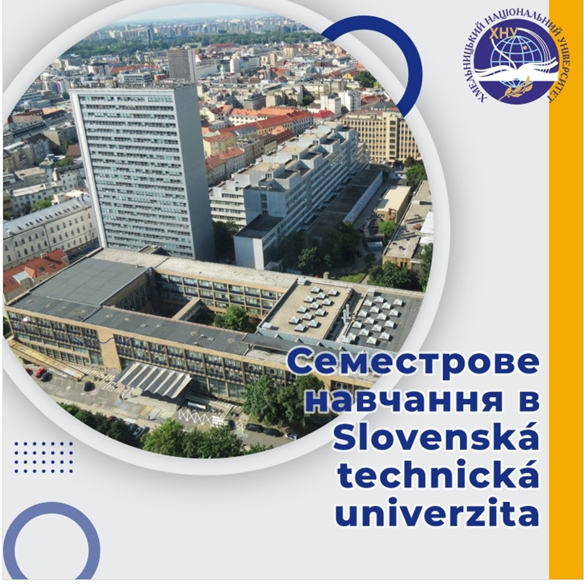
Sofiia Danycheva, a second-year student majoring in Architecture and Urban Planning (group AM-23-1, Department of Architecture and Urban Planning of Khmelnytskyi National University), completed a semester of studies at the Slovak University of Technology in Bratislava (STU). She participated in the Erasmus+ academic mobility programme from February to June 2025 and successfully completed her semester abroad.
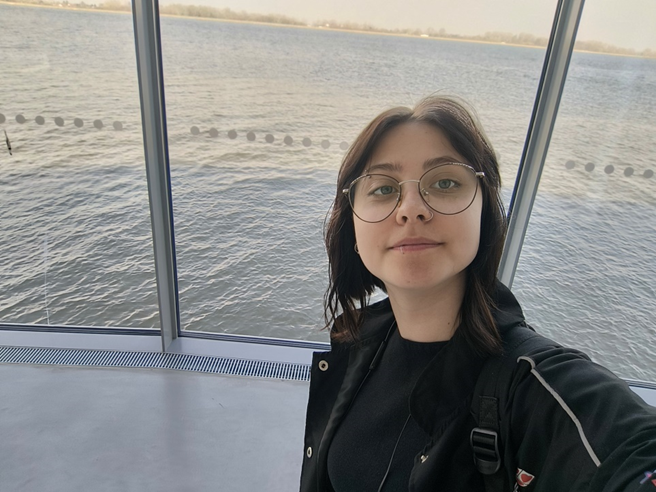
The exchange programme provided Sofiia with an opportunity to advance her professional knowledge at one of Slovakia’s leading technical universities, renowned for its strong academic traditions, high teaching standards, and international recognition. Classes were held in English at the Faculty of Architecture and Design, which allowed her to improve not only her professional skills but also her communication competencies in an international environment.
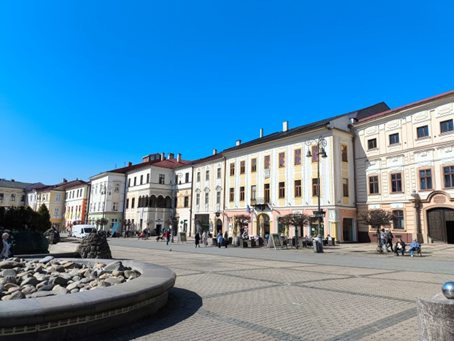
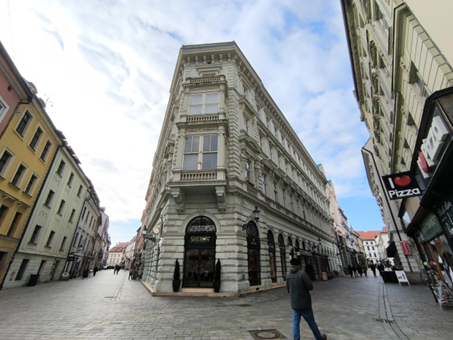
The study programme included courses in restoration, architectural theory, architectural design, digital technologies in architecture, ecological building principles, and interior design. Sofiia actively participated in team projects, workshops, and seminars alongside students from various European countries.
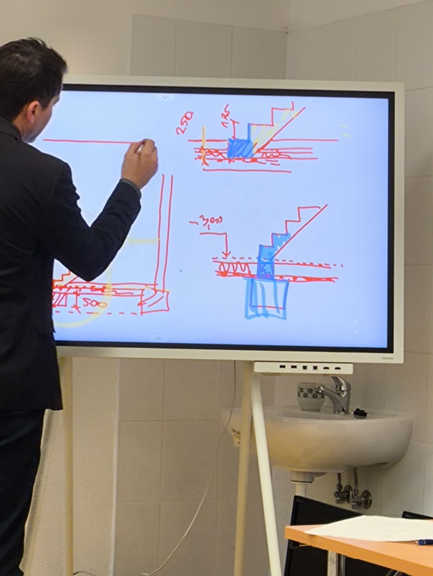
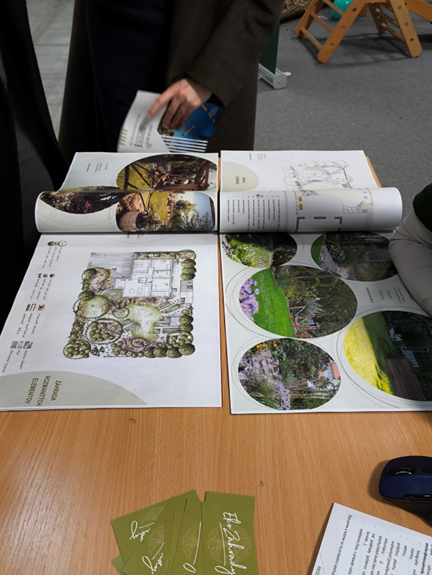
In addition to the academic experience, the programme offered a unique opportunity to immerse oneself in Slovak culture — exploring Bratislava’s architectural heritage, visiting numerous architectural events and exhibitions (including those organised by the university), and discovering galleries, museums, and cultural landmarks. These experiences helped her build valuable professional and intercultural connections.
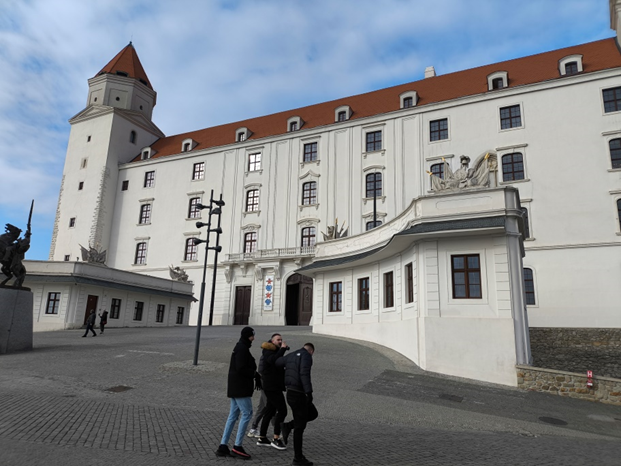
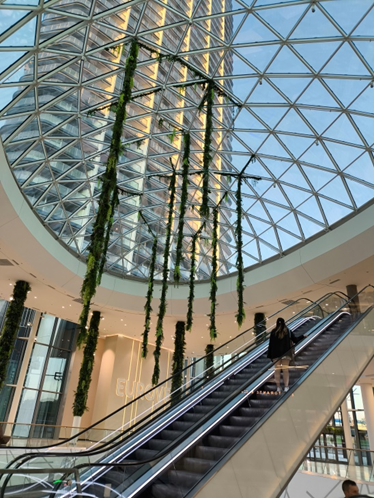
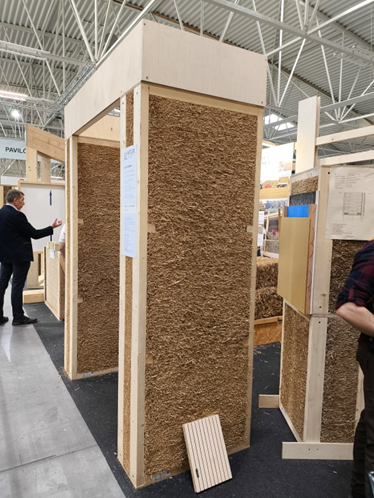
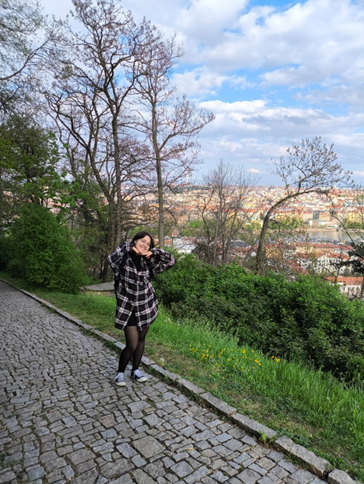
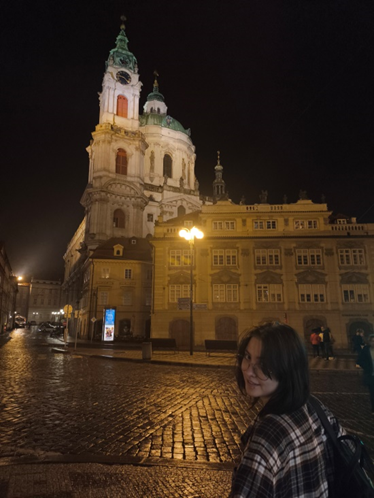
Sofiia shared her impressions:
“Academic mobility in Slovakia, particularly in Bratislava, was an incredibly valuable experience for me, combining education, cultural exchange, and personal growth.
Studying in an international environment gave me the opportunity to broaden my perspective, deepen my knowledge in architecture, and, of course, improve my English skills. I was pleasantly surprised by the friendliness and openness of the university community, which fully supported the adaptation of international students. Cultural exchange evenings were organised where each country presented its culture — and most importantly, its cuisine.
I can’t say there weren’t organisational challenges, but everything was eventually resolved.
Unfortunately — or fortunately — we worked a lot, so there was very little free time, but we still managed to travel, visit galleries, museums, and simply enjoy evening walks around Bratislava. The city enchanted me with its atmosphere and architecture, making this period truly unforgettable.
It was fun, sad, hard, and delightful all at once. I’m happy that I met people with whom I found common ground, who supported me, and with whom I continue to communicate even now — not only in the context of studies but also in sharing everyday life.
For those who want to participate in similar academic mobility programmes, I’d like to emphasise: it’s important to approach this experience seriously and responsibly. It’s not easy, especially when you realise that you are representing your country. You will face many challenges, but in the end, it’s worth it. This experience prepares you for your future professional field and shapes you as a person in society.”
Participation in the Erasmus+ programme became an important step in Sofiia’s professional growth, broadened her worldview, and strengthened her motivation for further learning and self-development. This experience highlights the importance of academic mobility as one of the most effective tools for integrating Ukrainian education into the European educational space.